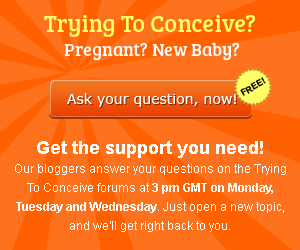Down Syndrome, also known as Trisomy 21, is a medical condition that almost everyone knows about. Additional genetic material causes developmental delays and physical conditions in patients with Down Syndrome. Some people with Down Syndrome function relatively normally and do not need much medical attention, while others have a myriad of problems. Some Down Syndrome patients do suffer from many medical problems, including heart problems. Prenatal testing for Down Syndrome is a personal decision. There are different factors that need to be taken into account when deciding whether or not to test for Down Syndrome.
There are two different types of prenatal tests for Down Syndrome. Screening tests are the first category, and they determine the the statistical risks that a baby has of being born with Down Syndrome. The second category, diagnostic tests, are much more accurate and are almost certain to determine whether or not your baby suffers from Down Syndrome. Screening tests are relatively cheap and easy. They often result in false positives, which can cause a lot of undue worry. Diagnostic tests are invasive, and while they come up with accurate results, they do come with risks. An amniocentesis gives a very accurate diagnosis, but also carries the risks of premature labor or miscarriage.
Some families want to know whether their baby has Down Syndrome so they can prepare emotionally and physically for the challenges that lie ahead. Others would choose to terminate their pregnancies if they knew early enough that their baby suffers from this condition. Yet others welcome their baby no matter what condition they are born with, and have no desire to go through a stressful testing period for what they perceive to be no convincing reason. If you are receiving prenatal care from an OB, avoiding prenatal tests can be a challenge at times. However, at the end of the day, having prenatal tests is an extremely personal decision.

